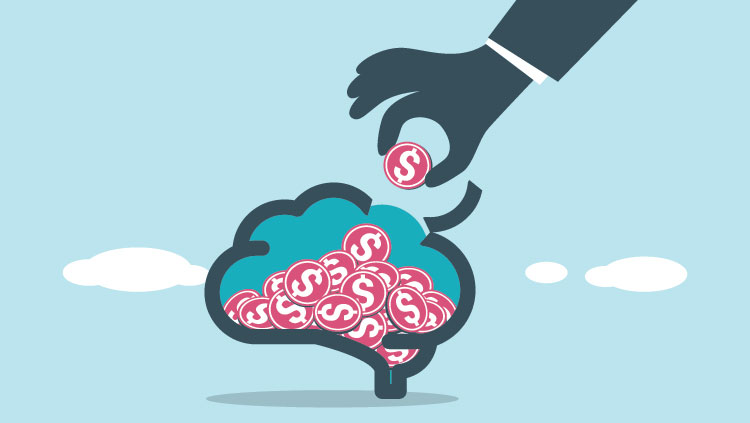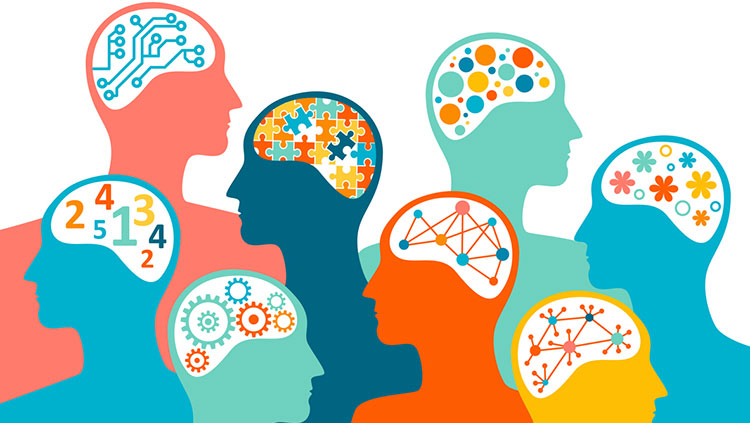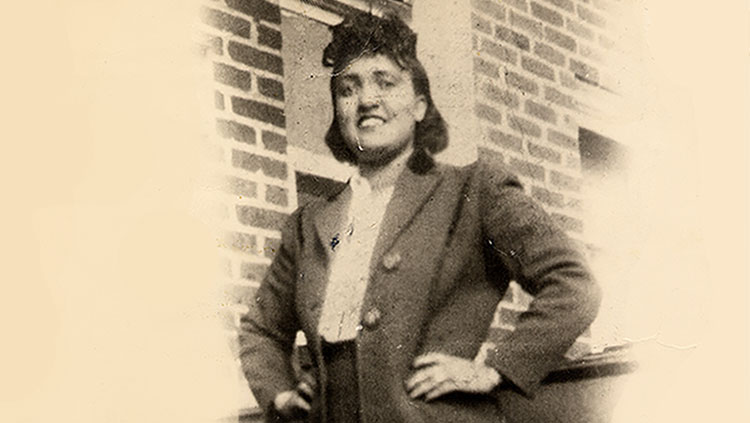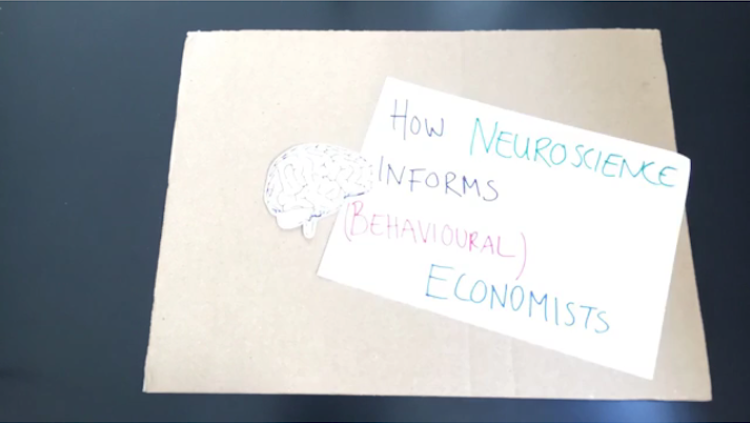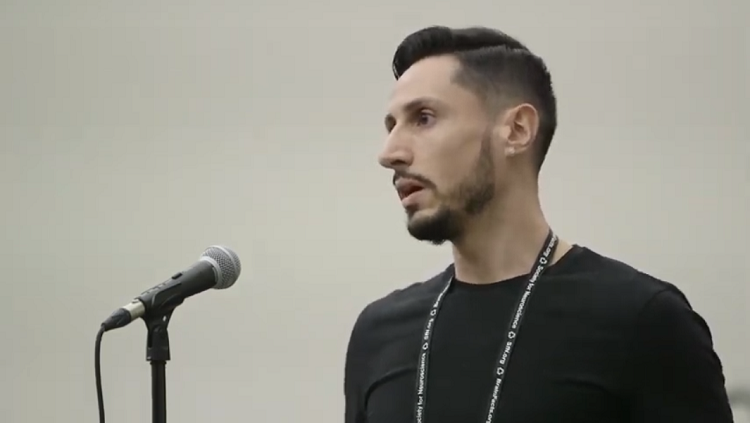How Neuroscience Impacts Society
- Published25 Apr 2019
- Author Hannah Zuckerman
- Source BrainFacts/SfN
There are many types of forensic evidence to use in a courtroom, but studies indicate that eye-witness testimony is persuasive to juries. Photographs and well-crafted arguments are valuable but listening to someone recount what they saw of the events can be particularly moving and persuasive. However, research shows that memory is not infallible. One study of New York City residents conducted a year after the 9/11 terrorist attacks found that their memories of the event differed in 40 percent of the details. When asked to recall their memories, witnesses may introduce new errors that become reconsolidated into new memories. These findings raise important questions about the role of memory and use of eye-witness testimony in a court trial especially when a person’s life hangs in the balance.
Scientific progress detailing how the brain works helps answer big questions like how we make decisions or the root of addiction. Understanding the brain may not only help us on an individual level but can also impact how we shape and potentially change society. Click the icons below to learn more about how scientists are grappling with the ethical, legal, and economic questions surrounding neuroscience and society.
CONTENT PROVIDED BY
BrainFacts/SfN



